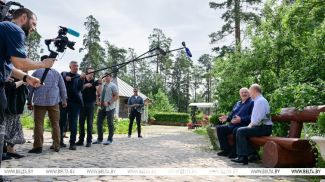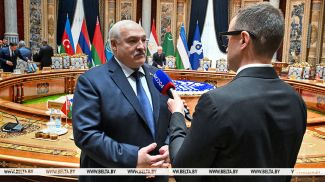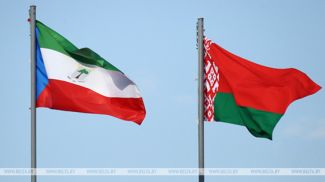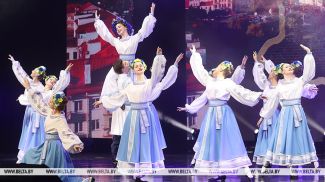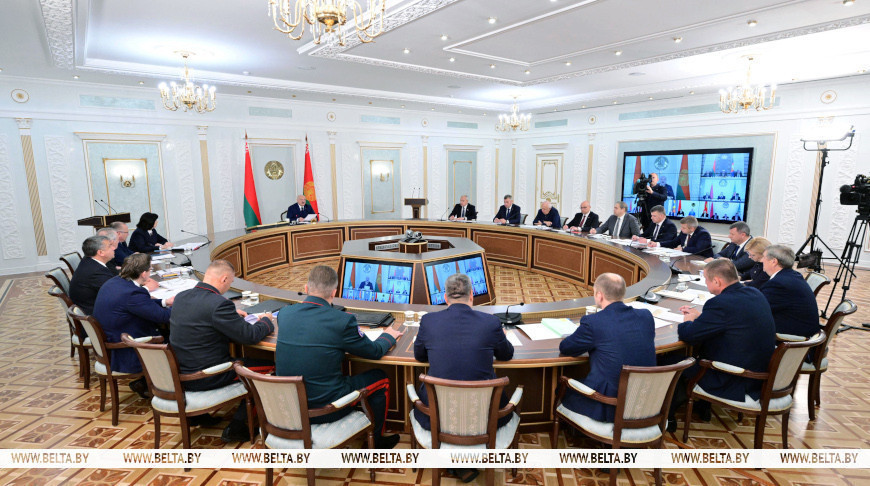
MINSK, 18 July (BelTA) – At a conference call to discuss harvesting, Belarusian President Aleksandr Lukashenko called for a military-style approach to fulfilling all tasks of the current harvesting campaign, BelTA has learned.
The head of state noted that the level of readiness and performance among leaders in both agricultural enterprises and government institutions is higher than in previous years. However, specific shortcomings continue to hinder progress, as highlighted by the chairman of the State Control Committee and the agriculture and food minister.
“There must be no delays, bureaucracy, or minor issues. Every task must be approached with military precision. The time calls for this. Everything must be clear and straightforward, as it is in Grodno Oblast, Minsk Oblast, or Brest Oblast,” the Belarusian leader remarked. “Regarding lagging regions, Vitebsk Oblast and Gomel Oblast face some challenges. I wouldn’t want to see similar problems in Mogilev Oblast,” he added.
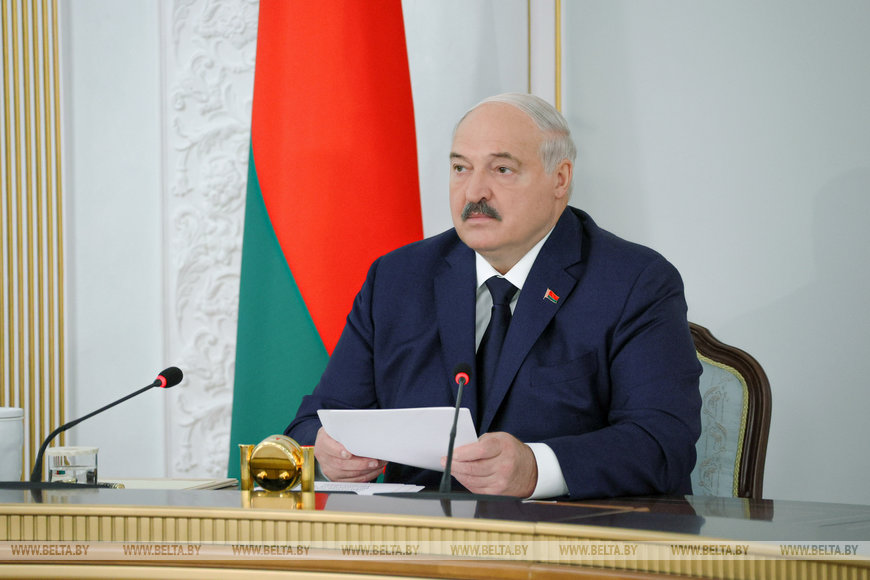
The president pointed out that some regional leaders are not agriculture specialists by profession. But, according to him, this can sometimes be an advantage. “I’ve seen situations where a governor who previously worked in agriculture takes office and begins to show understanding and demand less. But local managers often underperform, and we end up accommodating them. That’s not how it should be. Everything must be done with military discipline,” he insisted.
“The plan we have set is very strict. This year's oversight will be principled, but without offending people,” Aleksandr Lukashenko noted.
He once again emphasized the need to fully resolve staffing issues, particularly the recruitment of machine operators for the harvest season, including from urban areas. Decisions on this matter have already been made. “There should be no talk of a labor shortage after we discussed this issue last year. At the time, we agreed that staffing issues would be resolved over the winter,” the president noted. “If there aren't enough workers anywhere, it means we missed the mark on this issue.”
“We need to reach out to those who left rural areas for the cities. They need to be approached with respect and encouraged to lend a hand during critical periods. Especially harvester operators. There are not many of these specialists, and one can't just entrust a harvester to anyone. That’s why urban residents must be engaged wherever possible. But we also need to treat them with dignity and offer them support. These people should be remembered throughout the year, not only when we need their help,” he emphasized.
Among the president’s other instructions were to prevent grain loss and ensure careful handling, timely maintenance, and repair of expensive equipment. “Starting next year, you will receive equipment only after you prove to a commission from the Agriculture and Food Ministry that the machinery you already have is being properly operated and maintained. We cannot continue to supply equipment by the dozens or hundreds, knowing that your existing machinery is not receiving proper maintenance,” Aleksandr Lukashenko warned.
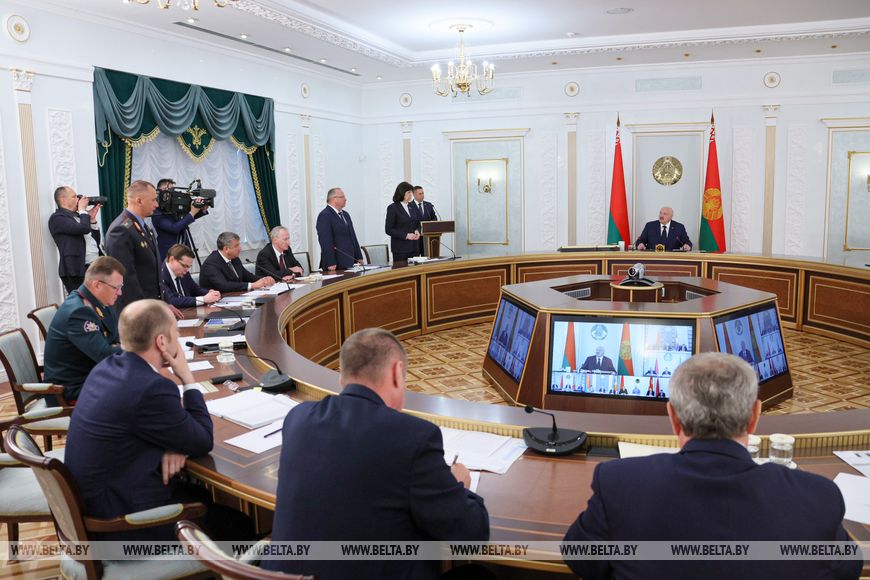
“Once again, I urge you to pay close attention to the organization [of the harvesting process]. People must be paid on time, fed properly, and their rest and leisure must be properly arranged. Wherever possible, try to be close to people and ensure that others are also close to them too,” the Belarusian leader instructed.
The president also addressed the issue of land reclamation, emphasizing the need for proper control. Responsibility for this area lies with senator Leonid Zayats, who previously headed the Agriculture and Food Ministry and later served as Deputy Prime Minister overseeing the agro-industrial complex. “No one has relieved him of this responsibility. He knows the issue well. You could say he’s a military man,” the head of state said. “I see careless attitudes toward reclaimed land. We will put everything into order. The fields look good after reclamation, but they must be properly maintained afterward.”
Aleksandr Lukashenko placed special emphasis on grain flattening, stating: “This issue is more important than ever. Technological discipline must be strictly upheld.”
He also recalled his instructions for district-level authorities to address all issues at underperforming farms: “In every district, one or two farms are performing extremely poorly. This is the responsibility of the district executive committee head and their first deputy. Please don’t forget that. We will be paying close attention to this in the near future.”
In conclusion, Aleksandr Lukashenko emphasized that this year, the grain yield is below 30 c/ha, which will be considered unsatisfactory. “While we can still harvest crops, please go and do so.”
“Now we’ll see how the harvesting is organized in practice. But as of today, things are significantly better than in previous years. I won't go into specifics: you see them on the ground and know best what needs to be done. So, gentlemen, let's get to work!” the president concluded.




